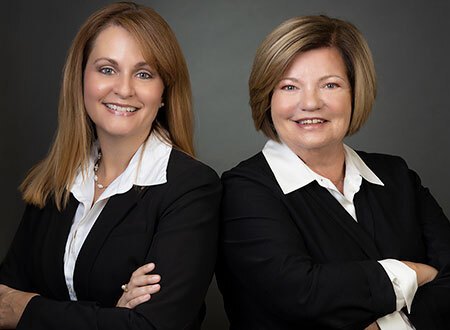Navigating the community Medicaid program while you or a loved one is in need of care can be a scary and stressful time. It takes quite a bit of work to put a Medicaid application together, but unfortunately a notice of approval for Medicaid does not mean that services automatically begin. While the Medicaid rules and procedures are an ever-changing quagmire, the purpose of this blog is to provide a brief overview of what to expect once you have been approved for community Medicaid.
Currently, the first step for most individuals following receipt of the Medicaid approval notice is to provide evidence to meet the regulatory requirement that services are required on a long-term basis which is defined as needing services for 120 days or more. This is determined during an evaluation of the applicant conducted by the Conflict-Free Evaluation and Enrollment Center (CFEEC). These are sometimes referred to as “Conflict-Free” or “Maximus” assessments. These evaluations are lengthy, typically lasting a few hours, and seek to gather basic information about the applicant as well as the type of assistance he or she requires with all activities of daily living. At the end of the evaluation, the nurse evaluator will inform the applicant or his or her representative if he or she qualifies for long-term care.
Once the applicant has been approved for both Medicaid and longterm care through the CFEEC, the next step is typically to enroll with a Managed Long-Term Care Plan (MLTC). MLTCs are insurance plans that are paid monthly premium by the New York Medicaid program to approve and provide Medicaid home care and other services to its members. Prior to allowing a new member to enroll, the MLTC will conduct its own evaluation in order to determine how many hours of care the MLTC believes the individual needs. In order to be guaranteed services to start the first day of the following month, a potential member must be enrolled with the MLTC by around the 19th day of the prior month.
Some major changes to the home care Medicaid program, including a transition to an “Independent Assessor” system, are scheduled to happen, but the start date remains unclear. Our office will send out an updated blog once we have more information about these changes.
Given the ever-changing landscape of community Medicaid rules, it may be prudent to seek the advice of an experienced Elder Law attorney. Please contact the office at (516) 228-6522 if you think we can be of assistance.



